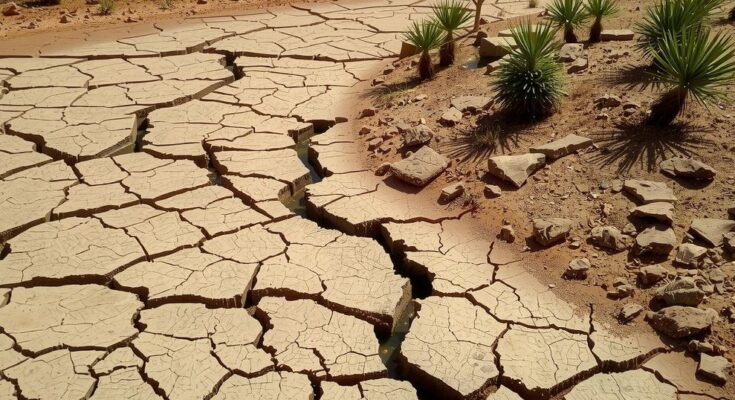A coalition of water justice groups reveals that Nigeria’s water shortage is largely due to poor funding of water utilities. Their report, which assesses water conditions in several states, calls for immediate governmental action to rectify the ongoing crisis that endangers the health and livelihoods of citizens.
As Nigeria approaches World Water Day 2025, a coalition of water justice organizations attributes the ongoing water scarcity in the nation to inadequate funding. Their report emphasizes the urgent need for the Nigerian government to improve financial support for water utilities across the country.
The report titled “Dry Taps: A Damning Verdict on the State of Water Utilities in Nigeria” summarizes assessments conducted within Enugu, Lagos, Oyo, Kogi, Edo, and Kano States. The findings were compiled after fact-finding missions carried out by seven organizations, including the New Life Community Care Initiative and the Amalgamated Union of Public Corporations.
Executive Director of the New Life Community Care Initiative, Florence Ifeanyi-Aneke, expressed concern over the challenges of water access in Nigeria: “What we have found is very disturbing and must not be allowed to continue if we say we are a serious nation.”
Philip Jakpor, Executive Director of Renevlyn Development Initiative, remarked, “Now we can lay the blame for the parlous state of water in Nigeria exactly where it belongs,” emphasizing the government’s neglect of sustainable funding in water supply.
The report, presented by AUPCTRE General Secretary Comrade Sikiru Waheed, acknowledges its limited scope, covering only six states yet representing diverse geographical areas. It highlights that rural communities, comprising 70% of the population, depend on rivers, streams, and private vendors for water, indicating a broader systemic issue.
In Enugu, while the previous administration allocated significant funds for water infrastructure, the report notes a lack of tangible results. However, it indicates that the current administration is attempting to build new pipelines to enhance water access, but until such efforts bear fruit, many residents will remain reliant on boreholes and vendors, risking both health issues and financial burdens.
The coalition’s report highlights critical deficiencies in Nigeria’s water supply management, primarily attributed to inadequate government funding. It urges policymakers to prioritize water utility finances, particularly as most rural communities face severe water access challenges. Without substantial improvements, Nigerians will continue to bear the brunt of a detrimental situation linked to poor water quality and accessibility.
Original Source: dailypost.ng




